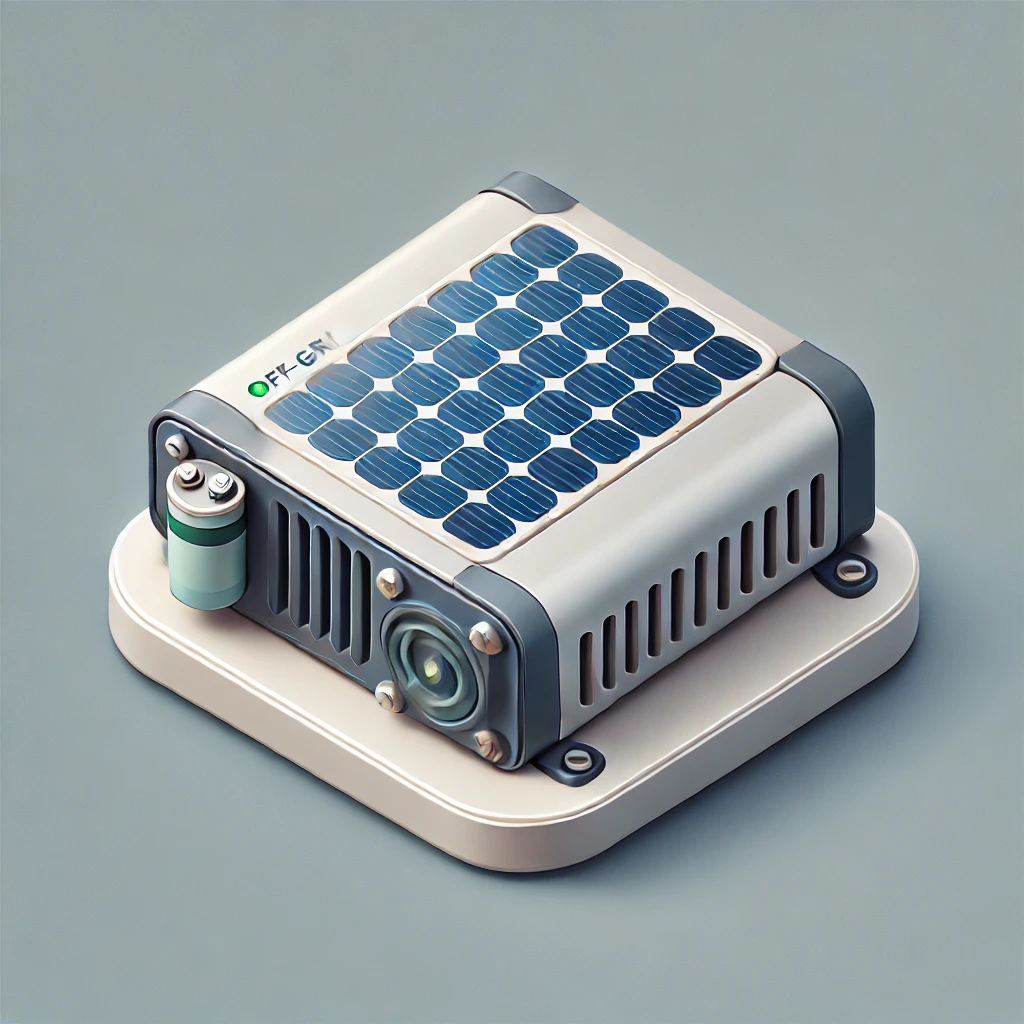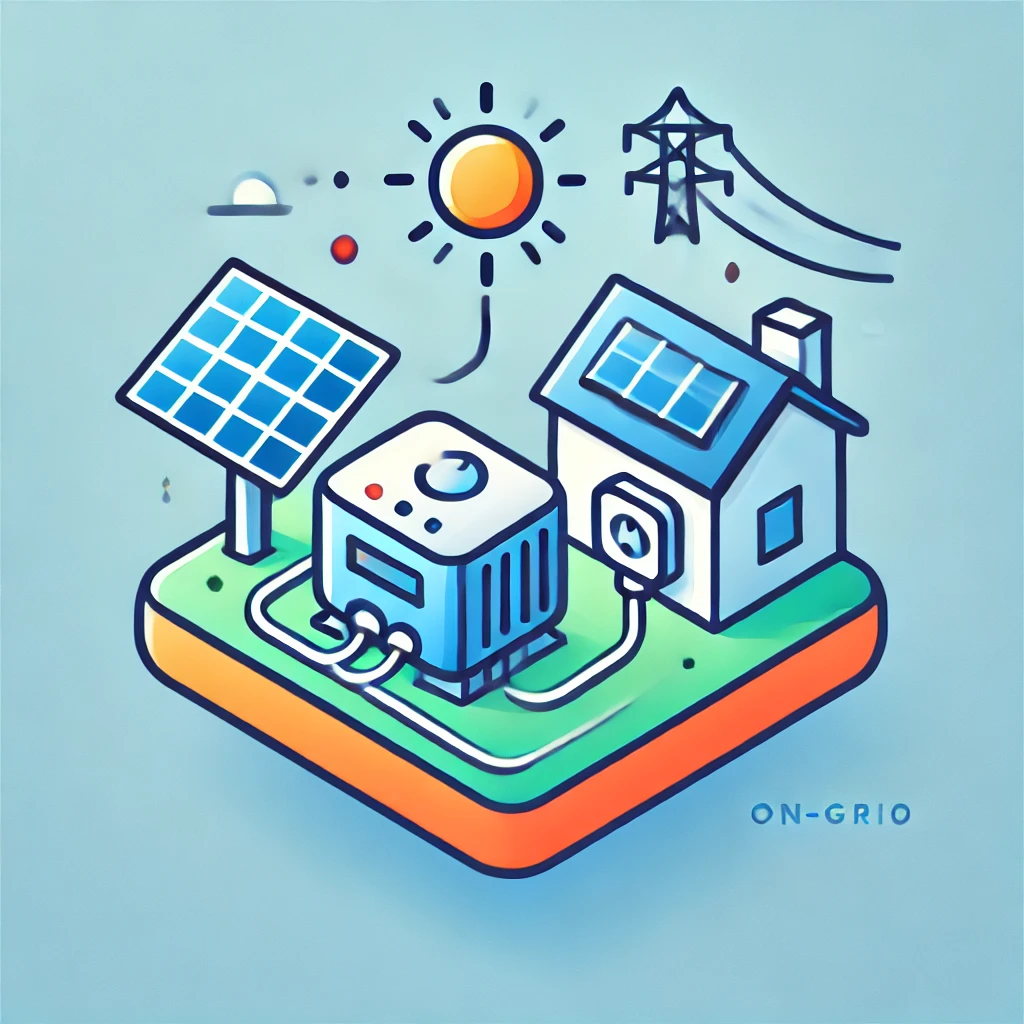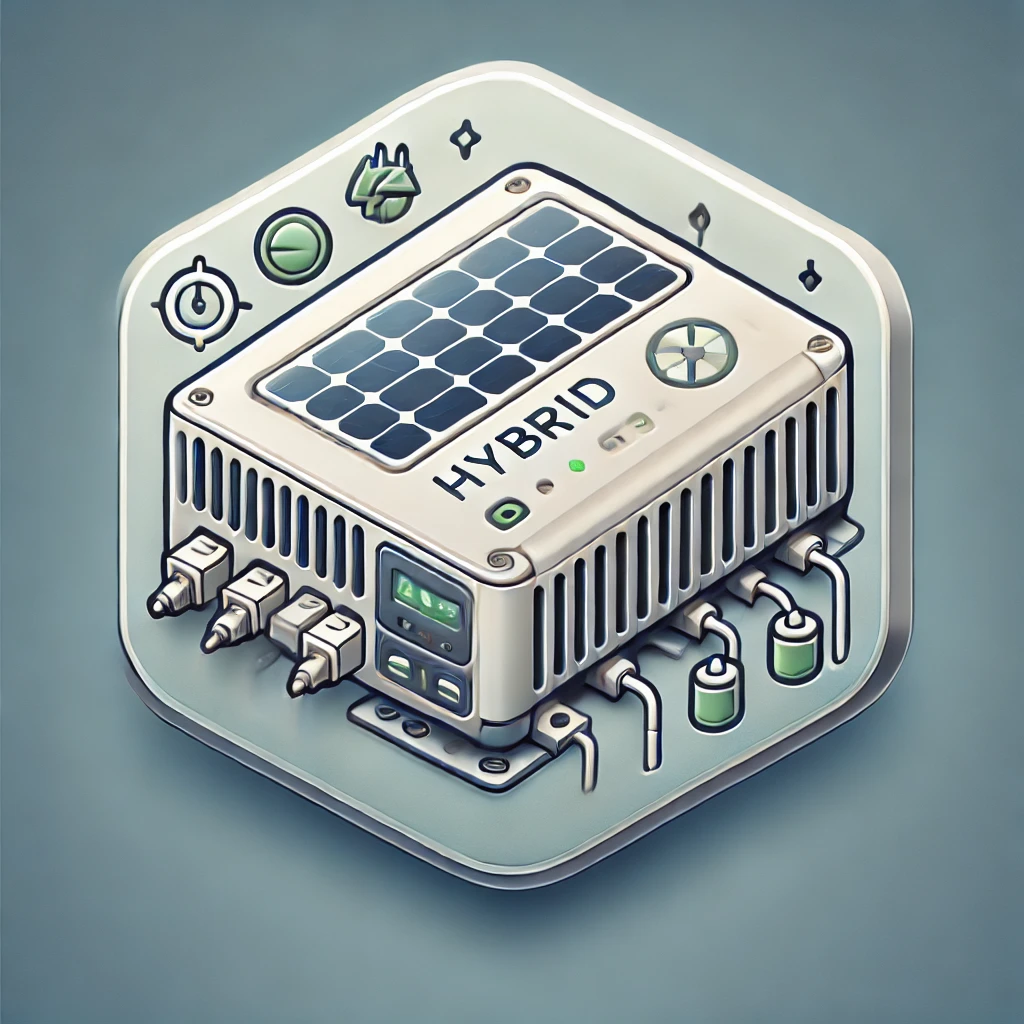09 Nov Solar Inverter Lab Test by NABL Accredited Laboratories
Solar inverters play a crucial role in solar power systems by converting the DC electricity from solar panels into AC power that is appropriate for usage in homes and businesses. This gadget connects solar energy with useable power, acting as the “brain” of a solar energy system. From their humble beginnings as DC-to-AC converters, inverters have developed into complex systems capable of monitoring data and controlling utilities, among other features. These inverters must be subjected to stringent laboratory testing to guarantee safety and quality. This article provides a comprehensive overview of the testing that NABL-accredited laboratories do on solar inverters to guarantee that they are up to par with international and national requirements.
Types of solar inverter
Different kinds of solar inverters are available to cater to different energy requirements and installation scenarios. There are mainly three types. Each inverter type has distinct qualities suitable to certain applications. Choosing the correct inverter relies on considerations including load needs, space availability, and if battery storage is essential.

Off-grid (Standalone) Inverters
These inverters work independently of the grid and rely on battery storage. They work well in off-grid locations where regular power may be scarce or nonexistent.

On-grid (Grid-tied) Inverters
These inverters function in conjunction with the grid, delivering additional power when available and drawing from the grid when required. They’re separated into micro, string, and central inverters depending on the size of the installation and power needs.

Hybrid Inverters
Combining the benefits of both off-grid and on-grid systems, hybrid inverters merge battery storage with grid connection, enabling more flexibility and resilience. They also commonly contain an incorporated solar charging controller.
Standards for Solar Inverter lab test:
Testing a solar inverter goes beyond simple performance tests. Inverters must comply to a range of international standards, each addressing various safety, efficiency, and durability elements. Some significant standards include:
IEC 62109-1 & IEC 62109-2 — These cover safety criteria, ensuring inverters function safely in varied situations.
IEC 62116 — Pertains to anti-islanding protection, an essential component when the inverter is grid-connected to minimize unexpected power flow interruptions.
IEC 16169 — Focuses on environmental compliance, encompassing topics like UV resistance and durability under varied weather situations.
IEC 16221-2,1 – Ensures the inverter’s safe functioning under variable power inputs and severe operating circumstances.
These criteria guarantee that inverters not only operate well under ideal circumstances but also remain dependable, robust, and safe in real-world applications.
Types of Tests Conducted on Solar Inverters
Solar inverter testing is a rigorous procedure, aiming to assess every area of the inverter’s operation, resilience, and safety. Some of the most popular tests include:
Voltage Test (Dielectric Strength Test) – Assesses the inverter’s ability to withstand high voltage without failure.
Impulse Voltage Test – Checks the inverter’s robustness to voltage spikes and surges.
Protection Against Mechanical Hazards – Verifies that the inverter can endure physical pressures such as collision or deflection.
Infiltration Protection (IP) – Measures the inverter’s resistance to dust and water infiltration.
UV Resistance – Ensures that the inverter’s materials can tolerate extended exposure to sunshine without damage.
Temperature and Humidity Tests — Confirm the inverter’s reliability under varied environmental conditions.
Other tests include partial discharge measurement, pollution degree evaluation, backfeed voltage protection, and touch current measurement. Each test is meant to guarantee that the solar inverter can work safely, effectively, and dependably, independent of environmental circumstances.
Importance of BIS Certification
For solar inverters to be utilized in specified locations, BIS certification (Bureau of Indian Standards) is typically necessary. This certification certifies that the inverter conforms with high national requirements, assuring safety, quality, and longevity. BIS-certified inverters offer consumers with further confidence that the device satisfies important regulatory criteria and may be securely incorporated into solar power systems.
How Professionals Law Can Help with Solar Inverter Certification
Navigating the certification process for solar inverters, particularly when incorporating different testing standards and regional requirements, may be hard. Professionals Law provides specialist advice to shorten this procedure, guaranteeing that your inverter achieves all relevant certification standards effectively. With thorough understanding of certification criteria, they assist manufacturers and suppliers achieve compliance without needless delays, making the process toward market-ready, certified solar inverters simpler.
Fill the form to get certified

Final Thoughts
Investing in solar inverter lab testing is vital for manufacturers, as it ensures the inverter’s compliance with industry standards, boosts dependability, and guarantees customers of a safe and efficient product. With developments in solar inverter technology, extensive testing and certification become even more necessary to maintain the high standards demanded in today’s energy market. Collaborating with NABL-accredited laboratories and understanding the importance of certifications, particularly BIS, are crucial stages to establishing a trustworthy and successful solar energy solution.
